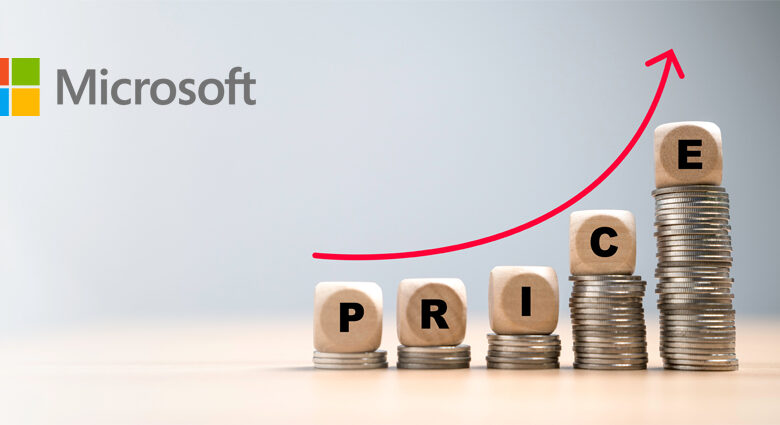Microsoft Dynamics Products Will Cost Up to 16.7% More from October

Microsoft has announced sizable price hikes for its Dynamics solutions, with some rising by as much as $30 per month.
The new costs will come into effect from October 1, 2024, marking Microsoft Dynamics’ first price change in five years.
The average price increase across all Dynamics products will be 12.6 percent, with the biggest increases prevalent across Finance, Commerce, and Supply Chain Management – all of which will see a $30 or 16.7 percent rise.
At the other end of the scale, the product least impacted by the changes will be Microsoft Relationship Sales, where users will still experience a 9.26 percent hike.
In discussing the company’s new price model, Microsoft’s Corporate VP of Business Applications and Platform, Bryan Goode, highlighted the benefits that customers have enjoyed since the last price increase in a blog post:
“Each year, we release hundreds of new features and enhancements designed to help people work smarter, reclaim time, and collaborate seamlessly.
As we look ahead, our commitment to our customers is to continue to offer the most value and highest return on your investment in business applications, helping to fuel digital transformation.
Goode’s announcement also revealed that prices for Dynamics 365 on-premises customer engagement and operations products would mirror their respective cloud counterparts and rise by the same percentage.
While the announcement did not explain why some products will increase significantly more than others, it did confirm that the increase would impact new and existing customers globally as of October 1, 2024.
Microsoft Follows a Trend in CRM Pricing
The news of Microsoft’s sizable price increases will undoubtedly have shocked many customers, but for those with an eye on its competitors, it will come as no surprise.
In July of last year, Salesforce announced its own set of Cloud CRM price hikes.
The changes impacted several of Salesforce’s cloud and marketing tools and, like Microsoft, was the first instance of price increases from the company in quite some time (seven years).
The affected solutions included Service, Sales, and Marketing Cloud platforms, as well as Tableau and Industries, with the average increase across these products amounting to nine percent.
Furthermore, last month HubSpot announced that it would be implementing a new seat-based pricing model starting March 5, 2024.
Under this model, new customers can expect a potential increase of up to five percent in costs.
While existing customers will maintain their current prices for the time being, at the point of their next renewal, they will also experience an adjustment in fees.
While Microsoft clearly is not alone in introducing price changes in recent months, its reported increases are considerably higher than its competitors.
So, do Microsoft’s new prices still offer the “most value” in the sector?
Are Customers Getting More Bang for their Buck?
When price rises occur, it is natural for customers to question what this extra money is going towards and what benefits they will be receiving.
While Microsoft’s announcement does not specify beyond the vague mention of new features and enhancements, one could argue that it is a little too coincidental that these major organizations are upping their prices at the same time they are pumping more money into augmenting their solutions with generative AI (GenAI).
Indeed, in November of last year, Microsoft released a preview of AI innovations for its Dynamics 365 Customer Insights, which included new data innovations, journey and content creation enhancements in Copilot, and lead scoring improvements.
Writing in a Microsoft blog post at the time, Jim Nakashima, Partner General Manager in Dynamics at Microsoft, discussed the company’s vision for how AI will transform and enhance its offerings:
Our AI features already assist data analysts and marketers in their daily tasks—improving data quality, unlocking data to understand customers, identifying audiences, and building journeys and content to engage customers.
“This demonstrates our commitment to promptly deliver announced product innovations offering cutting-edge solutions that boost productivity, unlock capabilities, and leverage data, effectively addressing the needs of organizations worldwide.”
Despite this rise in AI innovation and Microsoft’s big Copilot push, its CRM bookings did drop last quarter.



